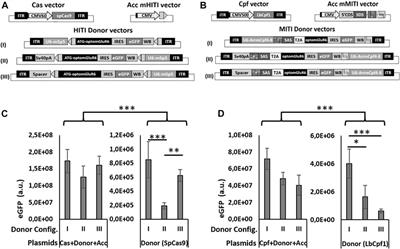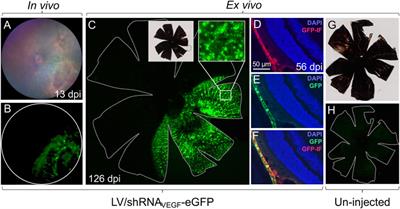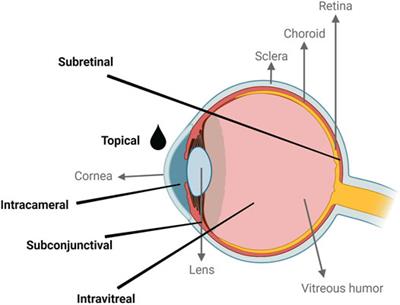ORIGINAL RESEARCH
Published on 12 Jul 2023
AAV2 and AAV9 tropism and transgene expression in the mouse eye and major tissues after intravitreal and subretinal delivery

doi 10.3389/fddev.2023.1148795
- 5,901 views
- 5 citations
3,816
Total downloads
21k
Total views and downloads
ORIGINAL RESEARCH
Published on 12 Jul 2023

ORIGINAL RESEARCH
Published on 27 Mar 2023

PROTOCOLS
Published on 24 May 2022

REVIEW
Published on 13 May 2022
